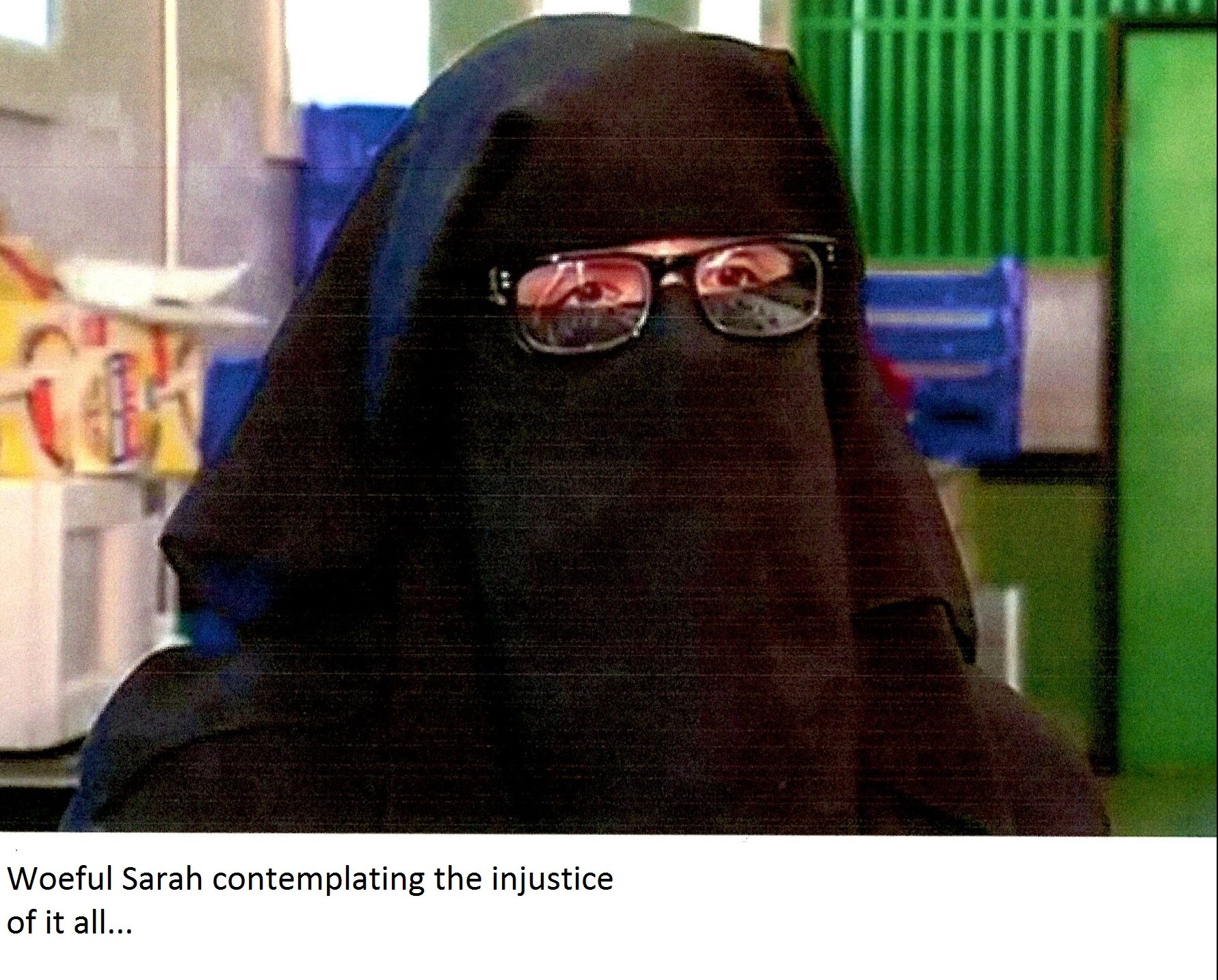So what are the opening five words of the First Amendment preceding the “Establishment” and “Free Exercise” clauses? Here they are: “Congress shall make no law…” The initial prohibition behind one of our most cherished liberties was aimed squarely (and exclusively) at Congress. It took the Fourteenth Amendment plus Court Opinions to make the First Amendment applicable to the States. But what of restaurants, hotels, golf clubs, and such? Is there any portion of the First Amendment “Free Exercise” clause applicable to them when they are not state actors? The answer is…(drum roll, please)…”sort of” (rim shot). Title VII of the 1964 Civil Rights Act prohibits religious discrimination in most (if not all) public accommodations. When that statutory prohibition was challenged in court respecting its constitutionality, the SCOTUS upheld it based on the Commerce Clause.
Let’s say that I own a convenience store (which carries goods shipped interstate), and I post that familiar sign “NO Shirt, NO Shoes, NO Service.” It would certainly be my right to do so, and my rational rule would be “religion-neutral” as well1. What if my convenience store was robbed several times by disguised robbers? Could I require my patrons to remove their hats, hoods, and sunglasses so that my new security cameras could catch a good image of them? I believe that I could do so without violating any laws or otherwise inviting folks to sue me. But then walks in Sister Mary Margaret in a full nun’s habit, including the headgear. Do I make an exception to my rule? Do I toss the nun out? If I do toss her out, have I burdened her religious rights in an impermissible way?
As a store owner (the store being a public accommodation covered by Title VII), my rational dress code provisions that are of general applicability and that have the appearance of religious neutrality will probably withstand the cries of religious discrimination from patrons whose exercise of religion is “incidentally” burdened.
It was August 1, 2016 in Gary, Indiana when Sarah Safi entered a “Dollar” Store (I’ll not say which one.) in full moslem garb. She wore a black “burqa” plus the “niqab” covering her face except for a narrow opening for the eyes. Sarah was asked to uncover her face or leave. She was given the rational explanation that the store (being in a high-crime area) is frequently robbed, such that no masks or face coverings are permitted. Sarah had her video-enabled cell phone at the ready and recorded herself claiming a religious right to concealment of her face. Sarah was wrong legally. Sarah revealed (virtually) more about herself than intended when she played the moslem/victim card.
Notably, Sarah left when the store manager announced that police were en route. Sarah retreated to the parking lot where she had left her four young children unattended in her car. In the Moslem world no woman dressed like Sarah would be allowed to drive a car. Sarah was secular enough to go shopping without an escort, to drive, to carry a cell phone, and even to have a Facebook page for posting her sad video. Which is more absurd: Sarah’s protest of religious discrimination; or a Facebook page without a face? Sarah has demanded an apology from the store chain. She deserves a trespass notice instead.
A closing thought. Sarah, would you please show up at the Federal District Court and then the Lake County Government Center in your niqab? Be sure to make a fuss and record everything.
_______________
¹Where such a rule is “religion-neutral” the scrutiny of it is upon the “rational basis” standard as opposed to the stricter standard of “compelling cause.”

Leave a Reply